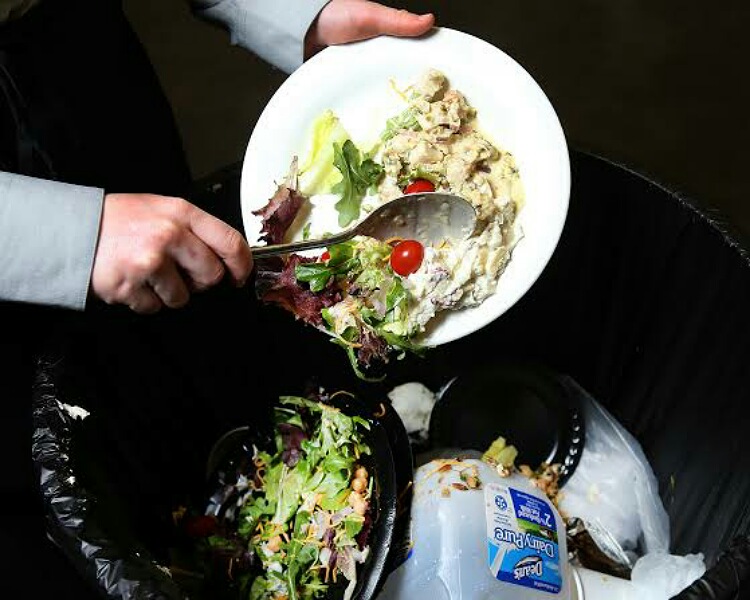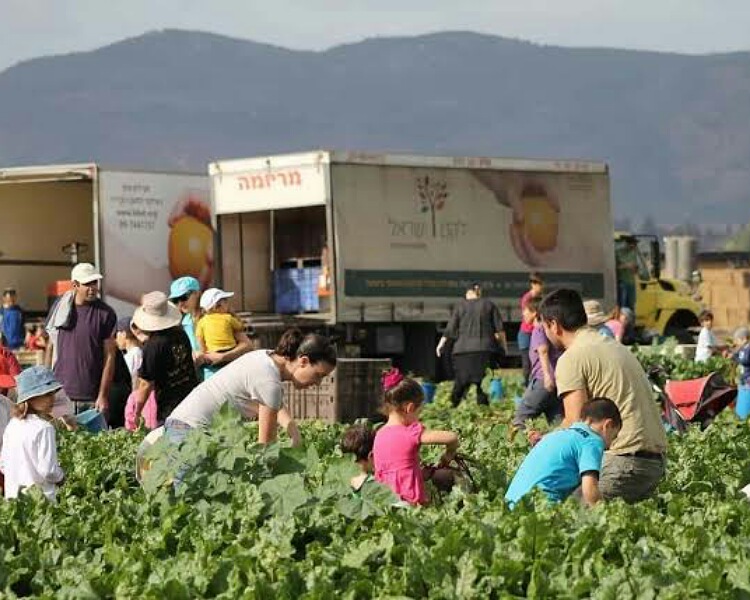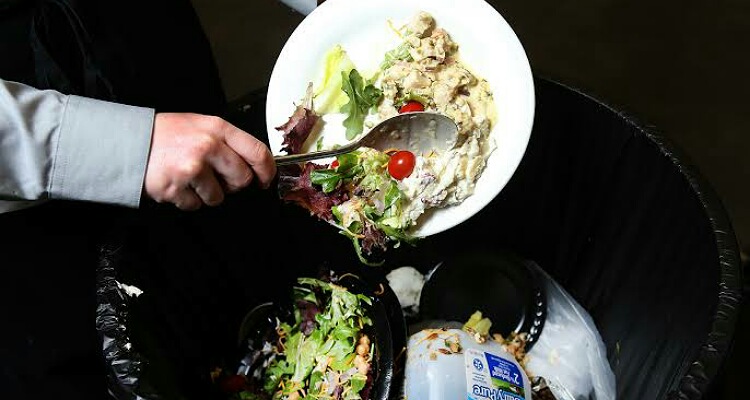Food wasting is a global problem. Everyone including the government turns a blind eye towards it. But it has far reaching economic, social, environmental, and health implications. A new report of Leket Israel states that more than 1/3rd of the country’s food production in 2021 ended up in the dustbin.
Food wasting and its implications
Food wasting is an unaccounted problem that is on the rise in the world. Every year the world produces an enormous amount of food waste. But a lot of it could have been prevented.
The food waste carries with it its own problems. You require land to put this waste on. Moreover, it produces an unbearable stench with decomposition. There is large amount of environmental pollution. Food wasted is money and efforts wasted and is therefore not good for society.

Furthermore, most of what was wasted could have ended on a hungry person’s plate and satisfied some hungry stomach. It could have contributed to lessening the burden of malnutrition in the world. A new report of Leket Israel reflects this important but neglected aspect of eating.
Leket Israel’s Food Waste and Rescue Report
Food waste amount has increased in the last 5 years in the world. Israel also produces a large amount of food waste annually. The Food waste and Rescue Report of the Leket Israel showed that in 2021 Israel wasted nearly 37% of the food production of that year.
This was equivalent to 2.6 million tons of waste and the worth of this huge amount was approximately NIS (New Israeli shekel) 21.3 billion. In terms of USD, this is equal to 6,22,17,02,736 USD. And half of this waste could have been salvaged and used for human consumption.

The report adds that out of other 18 developed countries, Israel was the worst in food management. The government did not take any initiative to reduce this food waste. It had not made any policies to see to it that the waste from food comes down. People awareness was less on this topic and the waste continues unabated.
Chen Herzog, the chief economist at BDO and also editor of this report stated:
“Israel ranking lowest among countries with food rescue policies requires the new government, as part of the fight against the rising cost of living, to adopt a comprehensive food rescue policy,”
Expert opinions
Israel’s Environmental Protection Minister Tamar Zandberg said:
“Food rescue and minimizing food waste are necessary actions that need to be taken to preserve Israel’s environmental, social and economic resilience,”
“It is critical that the State of Israel bridge gaps to align with other OECD countries addressing the issue of food waste and rescue. And through a ministry-wide and sweeping government move, we will be able to meet the challenge.”

Food waste along with Ukraine war raised food prices. And food rescue could offer some solution to this crisis. Chen feels:
“Every NIS 1 invested in food rescue contributes NIS 4.3 to the national economy,”
A national food waste plan to cut the waste to half by 2030, mandatory food donations, reevaluation of expiry dates on packs and no organic waste to landfills are some of the report’s recommendations. Leket CEO Gidi Kroch said:
“The greatest advantage of food rescue is the ability to not only close the entire food insecurity gap in Israel by a quarter of the budget, but also greater utilization of natural resources and waste prevention. Additionally, food rescue helps reduce gas emissions and pollutants and strengthens the fight against the global climate crisis,”
Also, read Food waste reduction: You can eat these 6 food parts!
He added:
“The entire world is under a real threat. The time to act is now, we need to take effective steps to reduce food waste and to preserve existing resources. Israel must come out of its indifference and immediately join the fight to reduce this crisis.”
